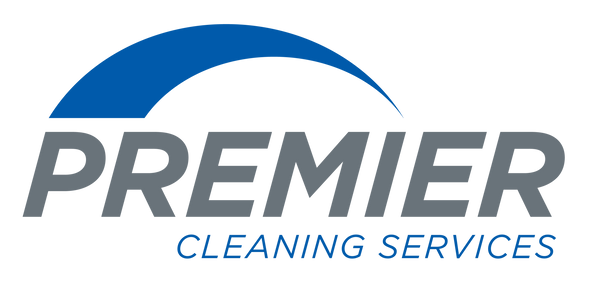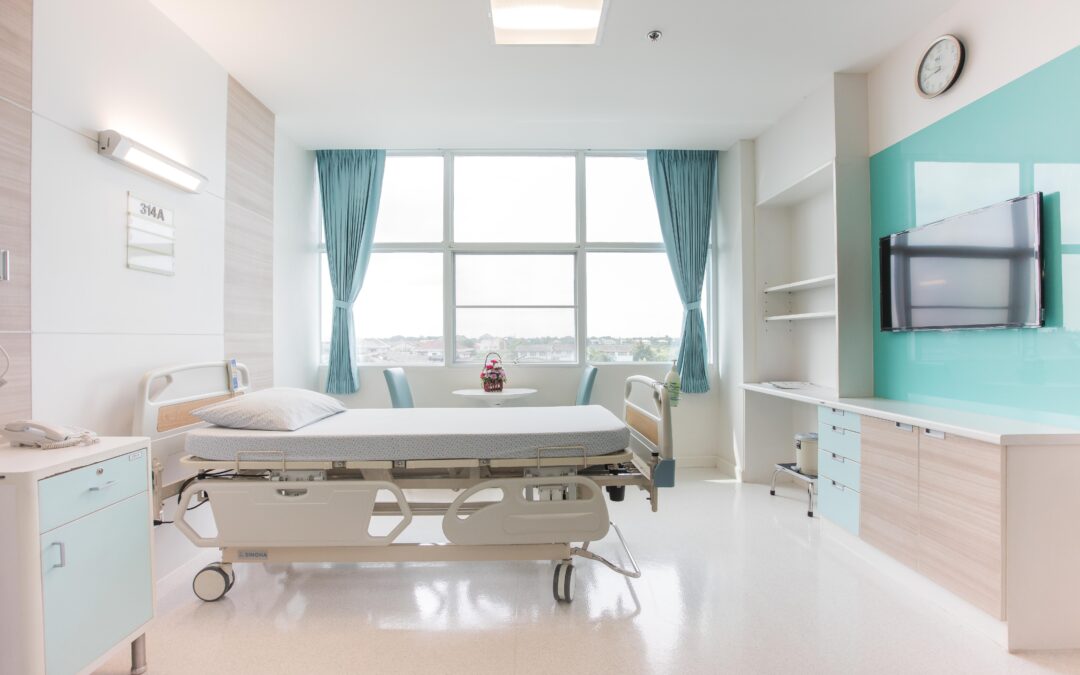Introduction
When it comes to healthcare facilities, keeping things clean is the key to keeping them safe. However, many traditional cleaning practices can have a negative impact on the environment. As healthcare professionals, it is essential to strike a balance between effective cleaning guidelines and sustainable practices, as well as outsourcing to professional cleaning services when necessary. When navigating management in healthcare, emphasizing the importance of minimizing environmental impact while prioritizing infection control.
The Environmental Impact of Healthcare Cleaning
Healthcare cleaning practices, including disinfection, play a vital role in preventing infections. However, the use of harsh chemicals can have adverse effects on the environment. These chemicals often contaminate water sources and contribute to air pollution. It is important to recognize the environmental consequences of traditional cleaning methods and strive to adopt sustainable alternatives. Choosing the greenest option is a great way to improve your facility’s reputation and ensure the longevity of our environment.
Implementing Green Cleaning Guidelines
Green cleaning involves using environmentally friendly products and methods that are equally effective in combatting infections. Healthcare providers should prioritize the selection of cleaning products that are non-toxic, biodegradable, and sourced from sustainable materials. Additionally, promoting the use of reusable microfiber cloths and mop heads can minimize waste and improve cleaning efficiency. Educating cleaning staff about proper handling and disposal of cleaning agents is crucial for compliance with sustainable cleaning guidelines.
Leveraging Technology for Sustainable Cleaning
Technological advancements offer innovative solutions for sustainable cleaning practices in healthcare. Providers can explore the use of steam cleaners, ozone generators, and ultraviolet (UV) light disinfection systems. Steam cleaning effectively removes dirt and kills germs using heat and water vapor, eliminating the need for chemical cleaners. Ozone generators produce ozone, a powerful disinfectant, from air oxygen, reducing reliance on harmful chemicals. UV light disinfection systems provide a chemical-free and energy-efficient method of killing bacteria and viruses on surfaces.
Staff Training and Education
Proper training and education are crucial for sustainable cleaning practices in healthcare. Healthcare providers should invest in comprehensive training programs for cleaning staff, emphasizing the importance of environmental sustainability and infection control. This includes educating staff on the proper use of cleaning products, waste management, and the significance of following established guidelines. Consult the United States Environmental Protection Agency (EPA) guidelines on approved cleaners and disinfectants here. Empowering employees with knowledge ensures consistent implementation of sustainable practices throughout the facility.
Monitoring and Evaluation
Regular monitoring and evaluation are necessary to ensure the effectiveness of sustainable cleaning practices. Healthcare professionals can establish performance indicators to track resource consumption, waste reduction, and the use of environmentally friendly products. Conducting regular audits helps identify areas for improvement and enables adjustments to the cleaning processes. Engaging with staff and collecting feedback is crucial for maintaining sustainable cleaning practices and encouraging continuous improvement.
Utilizing Professional Cleaning Services
Managing and maintaining a healthcare facility is difficult enough without having to worry about the environmental ramifications. Professional cleaning services are trained on up-to-date disinfection practices and environmental guidelines. They train thorough and responsible cleaners so the healthcare providers at your facility can focus on their patients. By hiring a professional cleaning company, you put the cleanliness and sustainability of your establishment into responsible hands. For more information on the benefits of professional cleaning, visit our blog post on the subject.
Conclusion
Striking a balance between effective healthcare cleaning practices and environmental sustainability is essential for healthcare providers. By implementing sustainable cleaning guidelines, leveraging technology, providing staff training, and monitoring progress, healthcare facilities can reduce their environmental impact while maintaining stringent infection control measures. Prioritizing sustainable cleaning practices benefits the planet and enhances the reputation and credibility of healthcare facilities. By taking proactive steps towards sustainability, we can ensure a healthier and greener future for all.
Interested in making your healthcare facility more sustainable with the power of professional cleaning services? Visit Premier Cleaning Services to request an estimate.

